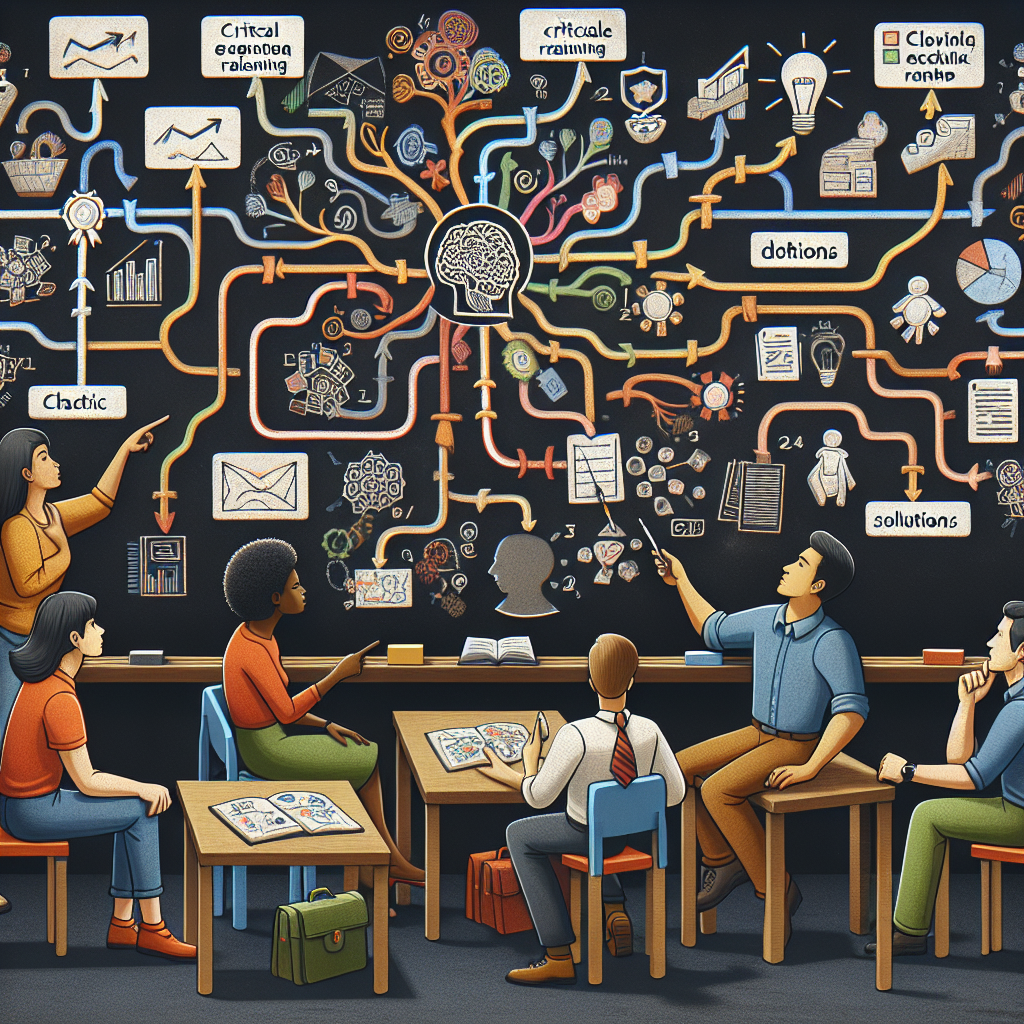You’re Not Supposed to Admit It: Why We Need Critical Reasoning More Than Ever

People act like racism is something you have to confess to be guilty of. As if unless someone screams a slur or waves a Nazi flag, they’re innocent by default. But that’s not how it works. No one admits to being racist. They insist they’re correct.
“I’m not racist. It’s just that white people built civilization.”
“I’m not racist. I believe in merit.”
“I’m not racist. I think Elon’s right about the great replacement.”
This is the rhetorical shield. People don’t say, “I’m racist.” They say, “I’m just telling the truth.” And their defenders follow suit: they’ll challenge you to find a quote—an admission—as if racism only counts when someone labels themselves with it.
That’s the logic of denial. And it collapses under scrutiny.
Take Trump. His defenders say, “Show me when he admitted to being racist.” That’s the entire argument. But here’s the thing: people don’t admit to racism. They demonstrate it. With their policies, their language, and their patterns. Trump launched his political career on birtherism—a racist conspiracy theory. He called immigrants rapists. He told four U.S. Congresswomen of colour to “go back” to where they came from. He defended white nationalists in Charlottesville as “wonderful people.”
You don’t need a confession. You need critical reasoning.
And then there’s Elon Musk. The man grew up white and wealthy in apartheid-era South Africa—a regime explicitly built on racial supremacy. That doesn’t make him racist by default, but it raises a fair question about the ideas he was exposed to and whether he ever confronted or rejected them. So far, there’s little evidence he has.
Today, Musk routinely interacts with white nationalist accounts, uses dog whistles about “replacement” and “civilizational decline,” and has platformed openly bigoted users. And then there’s the salute—twice, to a crowd—accompanied by a smirk. Not subtle. Not nothing.
But again, defenders say: “He didn’t admit anything.” As if that clears him.
This is where critical reasoning matters more than ever. Not just critical thinking—not just debating techniques or logic puzzles—but actual rationale. The ability to recognize intent and implication, assess patterns, and judge character by actions over time—not by a single quote pulled out of context.
We’re in an age where overt declarations are rare, but signals are everywhere. When someone repeatedly punches down, amplifies hate, and surrounds themselves with extremists, that’s not an accident. That’s who they are.
Critical reasoning doesn’t wait for someone to shout it from a podium. It watches the stage, the gestures, the audience, the silence, the repetition. It sees the whole picture.
Because the people demanding a confession? They’re not waiting for proof. They’re just buying time to pretend they don’t see what’s already there.




